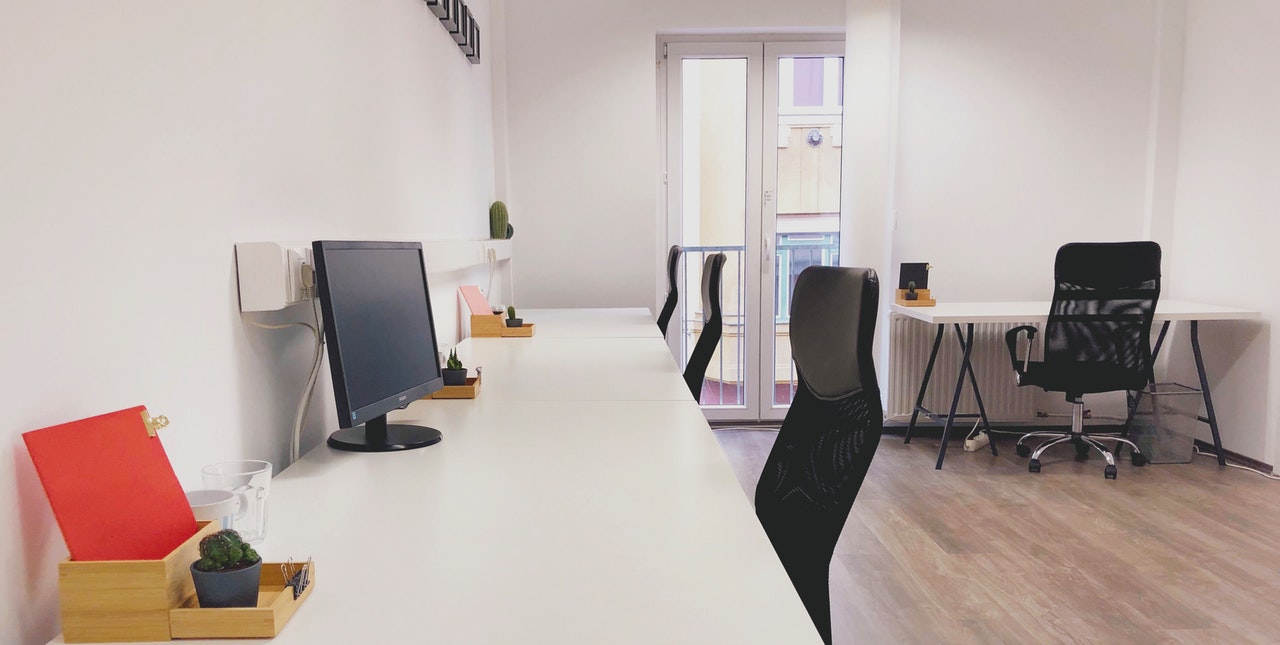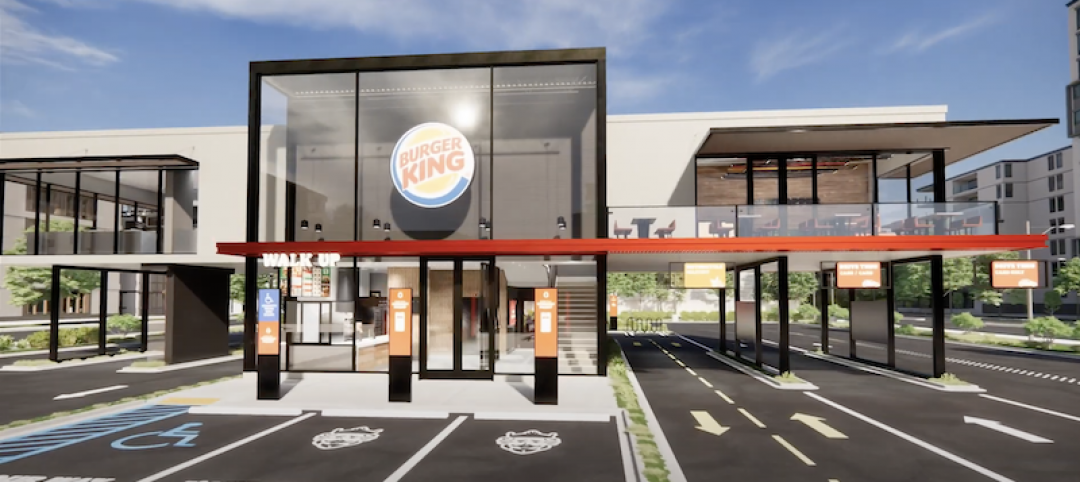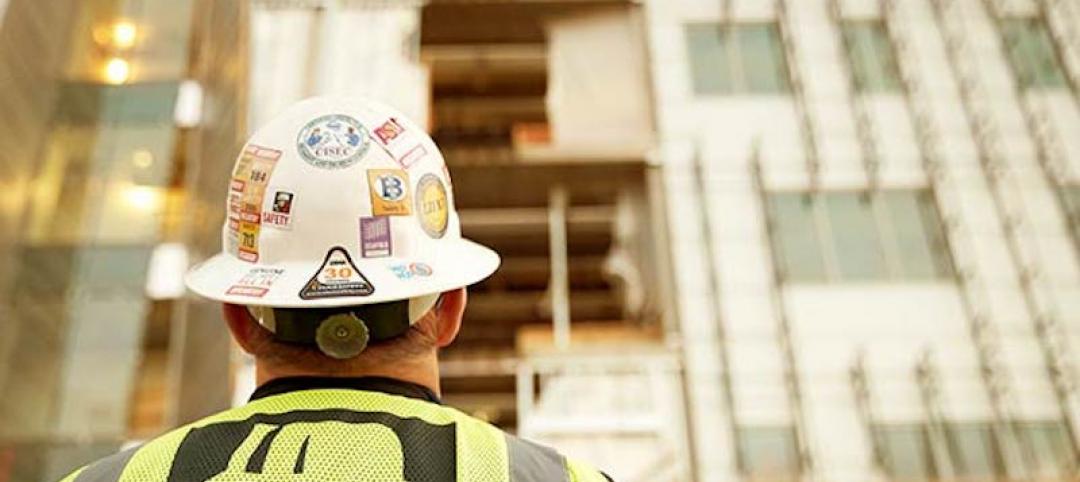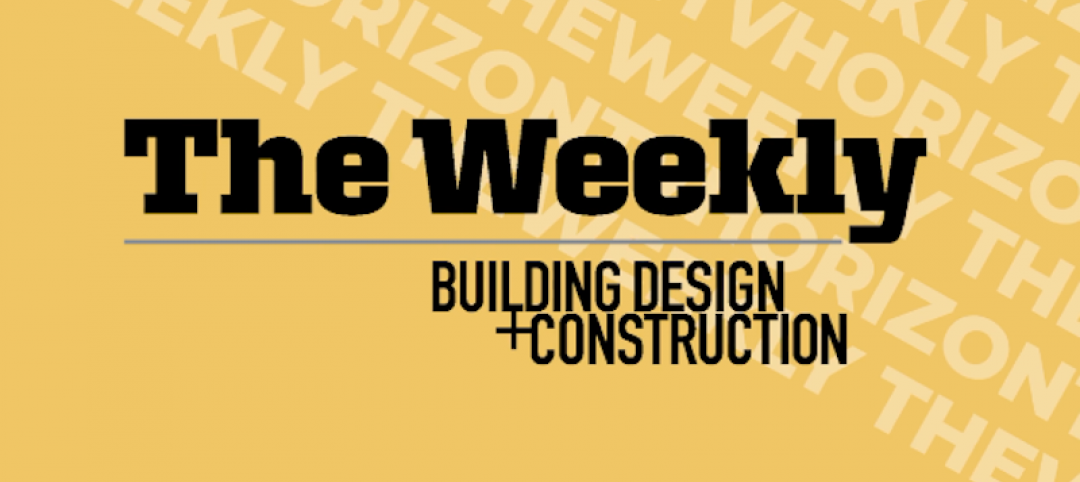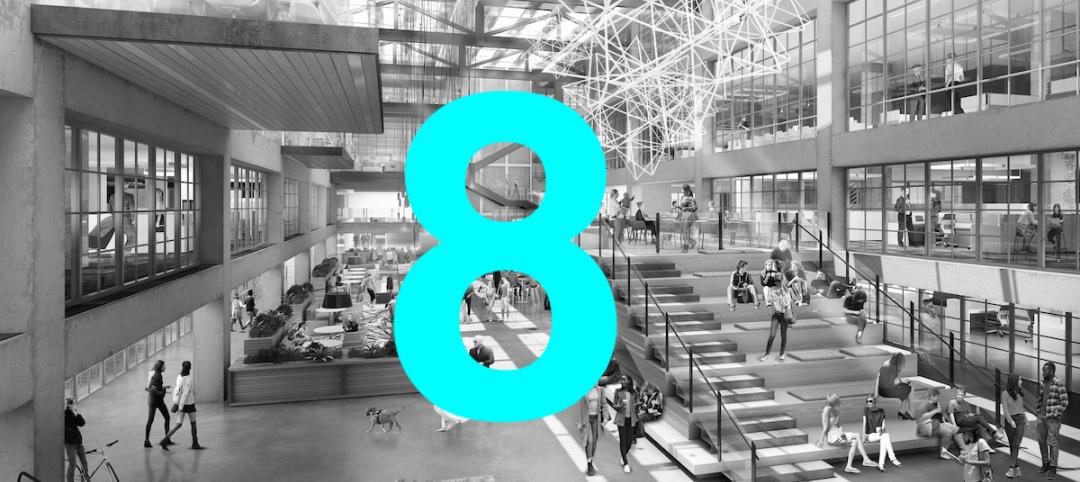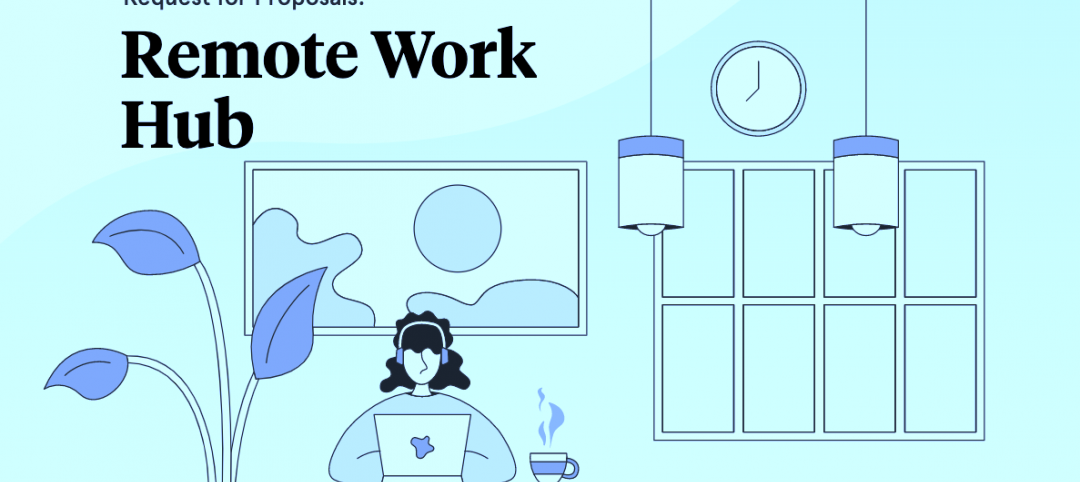The American Institute of Architects (AIA) 2020 President Jane Frederick, FAIA, and EVP/Chief Executive Officer Robert Ivy, FAIA, are urging Congress to address the critical needs of business owners and employees during the COVID-19 pandemic.
In a letter sent yesterday to House Speaker Nancy Pelosi and Senate Majority Leader Mitch McConnell, the AIA also outlined the infrastructure investment that will be critical to stimulating America’s economic recovery.
“The American Institute of Architects (AIA) is the world’s largest design organization. Our 95,000 members are committed to protecting the health, safety, and welfare of the public. Since 1857, this concern has been central to all that we, as architects, do.
“The outbreak of COVID-19 and the current health crisis strikes at the very core of this mission. I wish to extend our gratitude to you for your leadership in addressing this crisis. Those personally affected by the virus and our frontline responders need additional resources and they are top of mind for all of us.
“As Congress considers additional legislation to stimulate the economy, the AIA urges you to include significant investment in 21st Century infrastructure and temporary relief measures for business owners. Both will provide necessary relief in the short-term, reassurance to global markets, and will help prepare this country for the challenges ahead.
“Relief for Business Owners and Employees: To address pressing short-term economic needs, AIA urges you to expand temporary relief for business owners to avoid layoffs and the sharp economic downturn that would follow. Architecture firms come in all sizes, but the majority are classified as small businesses. The relief provided in H.R. 6201 was an important first step, but more will be necessary. Businesses cannot wait until the next tax filing season to see relief.
“The AIA urges you to invest in Small Business Interruption Loans for businesses under 500 employees to cover the costs of payroll while employees may not be able to work due to their own health concerns or the effects of social isolation on a massive scale. We call on Congress to increase access to unsecured credit to all employers so that they can cover costs associated with payroll, rent, and other obligations in the immediate term. Furthermore, the federal government should suspend the collection of business taxes, including payroll tax, for the duration of the pandemic.
“Finally, the current policy limiting what losses pass-through entities may deduct must be suspended (Section 461(l)). Many architecture firms are pass-through entities and they should be able to deduct all losses incurred this year in the next tax cycle.
“Infrastructure Investment: Once the initial health crisis has been passed, we will need sustained investment to revive the economy. As you well know, infrastructure investment is a powerful tool to stimulate the economy and provide reassurance to Americans that the coming days will be better. Infrastructure for the 21st century should not only include investment in roads, bridges, and other horizontal infrastructure, though those updates are sorely needed. Today’s infrastructure investment must also cover horizontal infrastructure, including hospitals, schools, affordable housing, and other public buildings.
“Infrastructure must be designed to satisfy current needs and anticipate future threats. This global pandemic has laid bare the preexisting resource shortage currently facing many of these facilities. Looking to the future, the World Health Organization has predicted that climate change will contribute to worsening storms and more frequent pandemics. Buildings must be resilient in the face of these disasters while also not contributing to the underlying problem by generating greenhouse gas emissions and unhealthy air quality. We must expect more from the built environment than ever before.
“Additionally, as the American population trends toward the cities, we must reimagine public spaces to be healthier for our communities and the planet. After previous health crises, architects and other professionals have worked together to modernize sanitation and change assumptions about public health. Architects can help to imagine cost-effective designs that encourage handwashing and other healthy practices and, when necessary, enable social distancing.
“We urge you to invest a minimum of $300 billion over five years in resilient public buildings that are designed specifically for the communities that they serve.
“Thank you for your work to address this pandemic in the immediate term and in the months ahead. The architecture community stands ready to work with you to help our communities through this crisis and build facilities worthy of the future.”
Related Stories
Coronavirus | Sep 28, 2020
Evaluating and investing resources to navigate past the COVID-19 pandemic
As AEC firm leaders consider worst-case scenarios and explore possible solutions to surmount them, they learn to become nimble, quick, and ready to pivot as circumstances demand.
Coronavirus | Sep 24, 2020
The Weekly show: Building optimization tech, the future of smart cities, and storm shelter design
The September 24 episode of BD+C's "The Weekly" is available for viewing on demand.
Coronavirus | Sep 10, 2020
Mobile ordering is a centerpiece of Burger King’s new design
Its reimagined restaurants are 60% smaller, with several pickup options.
Coronavirus | Sep 9, 2020
Prefab: Construction’s secret weapon against COVID-19
How to know if offsite production is right for your project.
Coronavirus | Sep 3, 2020
The Weekly show: JLL's construction outlook for 2020, and COVID-19's impact on sustainability
The September 3 episode of BD+C's "The Weekly" is available for viewing on demand.
Coronavirus | Sep 1, 2020
6 must reads for the AEC industry today: September 1, 2020
Co-working developers pivot to survive the pandemic, and the rise of inquiry-based learning in K-12 communities.
Coronavirus | Aug 28, 2020
7 must reads for the AEC industry today: August 28, 2020
Hotel occupancy likely to dip by 29%, and pandemic helps cannabis industry gain firmer footing.
Coronavirus | Aug 27, 2020
8 must reads for the AEC industry today: August 27, 2020
Extended-stay hotels are the lodging sector's safest bet, and industrial real estate faces short-term decline.
Coronavirus | Aug 25, 2020
Co-living firm Common issues RFP for the future home office and work hub
Common, the U.S.’s largest co-living company, recently released an RFP for a “Remote Work Hub” to blend work and life from the ground up.
Coronavirus | Aug 25, 2020
Video: 5 building sectors to watch amid COVID-19
RCLCO's Brad Hunter reveals the winners and non-winners of the U.S. real estate market during the coronavirus pandemic.


